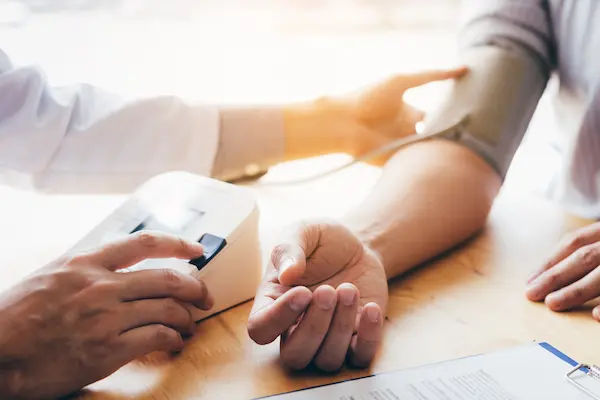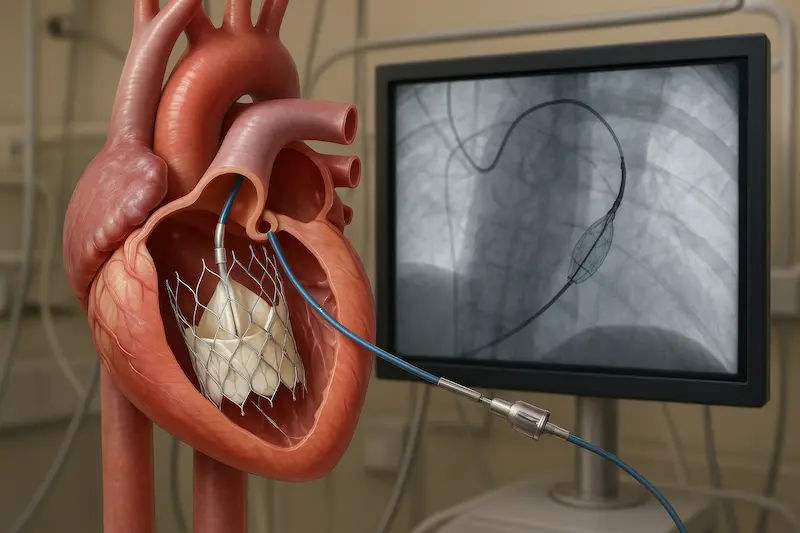- male
- 50 Years
- 29/01/2025
I'm a bit worried about my blood pressure. It was normally around 11080, but every time I visit the doctor, it spikes to 14084. My doctor mentioned that it might be due to anxiety and prescribed torsemide for 20 days. He said I could stop taking it after that. Are there any side effects I should be aware of with this medication? And does this mean I'm developing high blood pressure, even though it doesnt usually go over 140?
Answered by 1 Apollo Doctors
Torsemide is a diuretic medication that helps reduce fluid retention in the body, which can help lower blood pressure. It is commonly used to treat conditions such as high blood pressure and edema. When taken as prescribed, torsemide is generally well-tolerated. However, like any medication, it can cause side effects in some individuals. Common side effects may include dizziness, headache, muscle cramps, and increased urination. Since your doctor has prescribed torsemide for a specific duration of 20 days and then advised you to withdraw the tablet, it is important to follow their instructions carefully. Abruptly stopping diuretic medications can sometimes lead to rebound fluid retention and worsening of symptoms. It is important to monitor your blood pressure regularly and report any significant changes or concerns to your doctor. If your blood pressure does not exceed 14090 and you do not have any symptoms of high blood pressure, it is unlikely that you will develop hypertension. However, it is important to maintain a healthy lifestyle, including regular exercise, a balanced diet, and stress management, to help keep your blood pressure under control. If you have any further questions or concerns, please consult with your doctor for personalized advice.
Dr. Mubarak Suggests...
Consult a Cardiologist
Answered 04/07/2025
0
0

More Cardiology Health Queries
View allI've been feeling this needle-like pain in my left chest that started a couple of nights ago while I was asleep and it lasted about 10 minutes. Afterward, I started getting these intermittent pin-pricking pains on both sides of my chest. Now I'm even feeling some discomfort in my back and mild pains in my left shoulder and arms, which sometimes shift to the right side. Im already dealing with a breathing problem and recently noticed some chest tightness. I dont feel tired or dizzy, but I do have a stomach ulcer. I'm really worried this could be some kind of heart attack or angina. What should I do?
Neurologist opinion.
Answered by 1 Apollo Doctors
I've been noticing that I can hear my heartbeat pretty clearly while I'm sleeping, especially in a sitting position. Sometimes it even feels like my heart is lifting or something, and it's a bit worrying. I don't have any issues with sugar or blood pressure, but my heart rate is around 100 bpm. Should I be concerned about this for my future health? What do you think?
It sounds like you may be experiencing symptoms of palpitations, which can be concerning. I recommend you to consult with a cardiologist for a proper evaluation and diagnosis. In the meantime, you can take Tab Metoprolol 25mg once daily to help regulate your heart rate and reduce palpitations. Make sure to follow up with your doctor for further management.
Answered by 1 Apollo Doctors
I've been noticing this pain on the right side of my chest that comes and goes really quickly, lasting just about 2 seconds each time. It's got me wondering if it's something serious or just a random pain. What could be causing this? Should I be worried?
That could be gastritis,take antacids and consume bland diet and more water to ease your stomach and take adequate rest
Answered by 1 Apollo Doctors
Disclaimer: Answers on Apollo 247 are not intended to replace your doctor advice. Always seek help of a professional doctor in case of an medical emergency or ailment.





